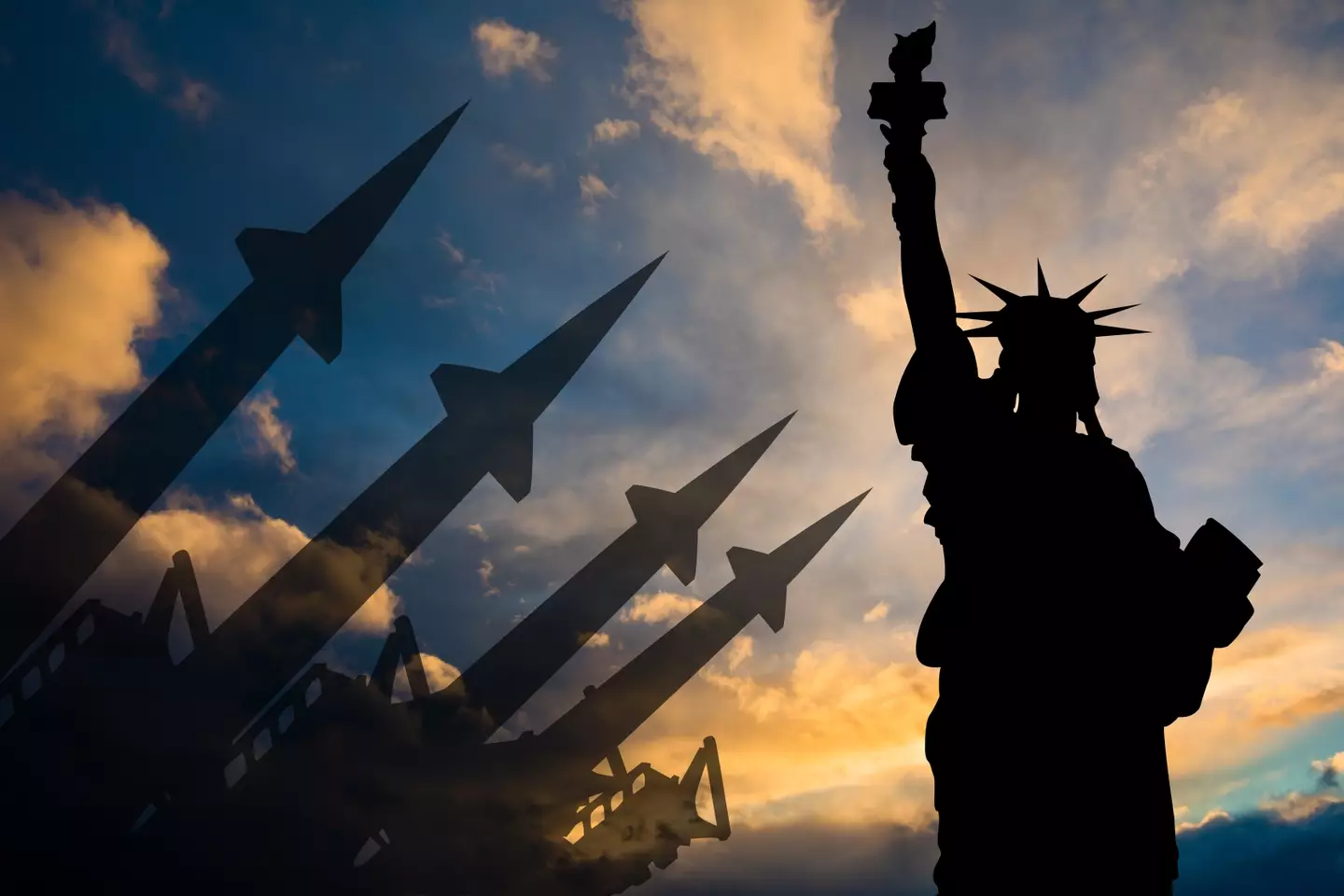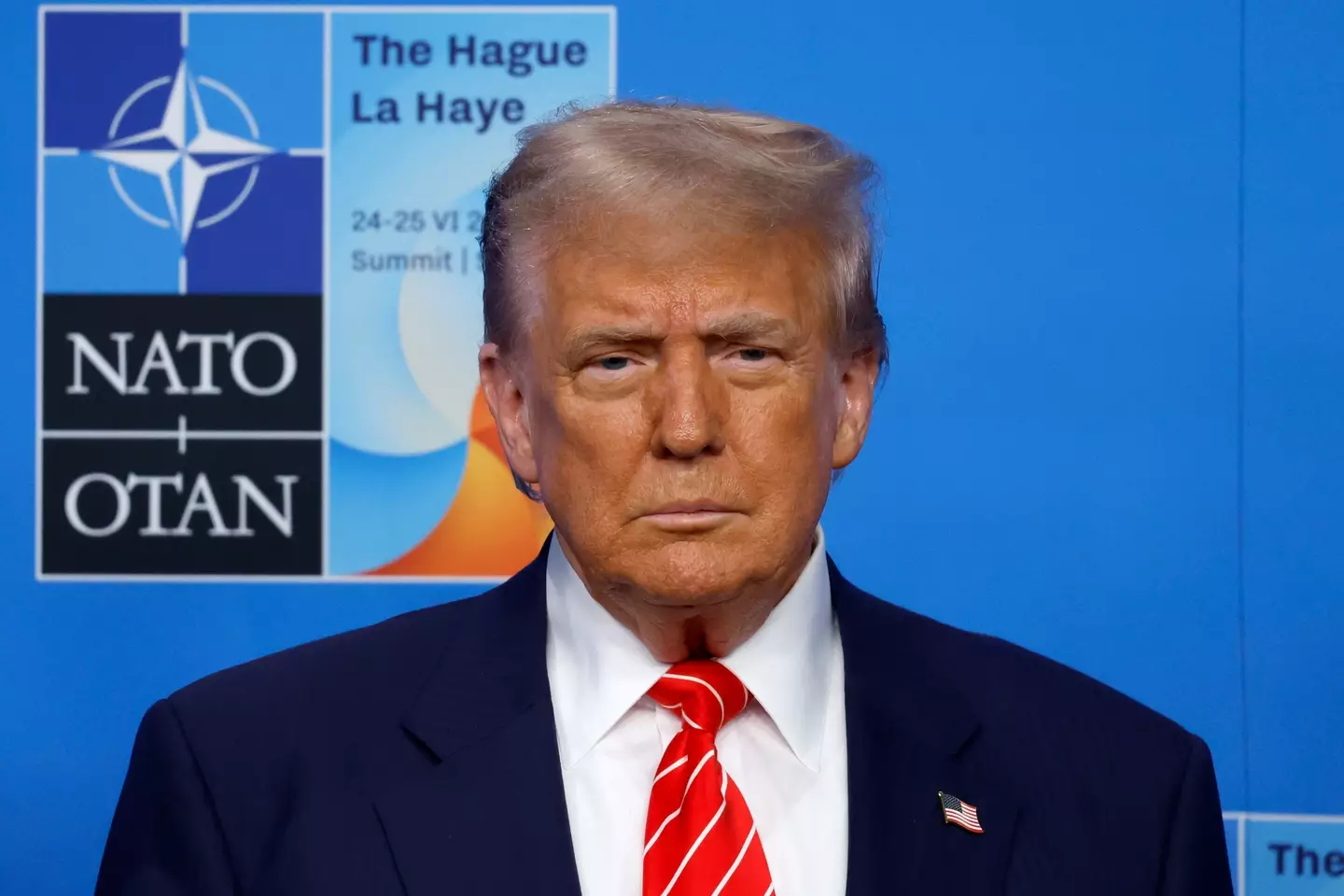As global tensions escalate, concerns about the possibility of nuclear conflict are once again coming into focus—especially with mounting uncertainty surrounding the U.S., Israel, and Iran, and their adversaries like China and Russia.
In light of this, questions have resurfaced about whether U.S. military leaders could legally defy a presidential order to launch a nuclear strike—particularly if that order came from Donald Trump.
This concern isn’t new. During heightened tensions with North Korea in 2017, legal experts weighed in on the chain of command regarding nuclear weapons.
Anthony Colangelo, a professor of law at Southern Methodist University in Dallas, clarified that military personnel are bound by law to follow only legal orders—even if they come from the president. That means if a nuclear strike order is deemed unlawful under international or U.S. military law, top generals would not only be permitted to say no, they’d be obligated to do so.
“The president cannot order an illegal use of force and expect the military to comply,” Colangelo explained. “Military commanders are trained to recognize and reject unlawful commands—including those involving nuclear weapons.”

An expert reflected on the responsibilities of officers when it comes to firing nuclear weapons (Getty Stock Image)
As commander-in-chief of the US Army, the president is the only person who can authorise the use of nuclear weapons – but anyone executing their orders could face life in prison under certain circumstances.
Speaking to the BBC, professor Colangelo argued that any use of nuclear weapons could break international humanitarian law. These laws dictate how countries must behave when it comes to war and the US has signed treaties in agreement of this, such as the Geneva Conventions.
He added that using nuclear weapons when conventional ones would equally suffice could make their use illegal and the use of these weapons that would kill combatants and civilians indiscriminately could also be breaking the law.
Professor Colangelo noted that if the president orders an illegal strike, those who carry it out could be liable for war crimes and would ultimately have a duty to say no.
However, he did highlight the complexities of this scenario and how, in practice, things may not play out so clearly.
The expert explained that in the field, not everyone would be able to easily spot an illegal order. For example, submarine crews may not have access to the information that the president or top military officials do.

The expert noted that officers should say no to a launch if they believe the order is illegal (Omar Havana/Getty Images)
By questioning and delaying orders, it could ultimately worsen the situation as it might not be ideal in many high-stake situations.
A general could be fired and replaced if he says no to the president, however his replacement would also be obliged to say no if he believed the order was illegal.
He said: “The entire structure of military command would crumble if subordinates started second-guessing orders.”


